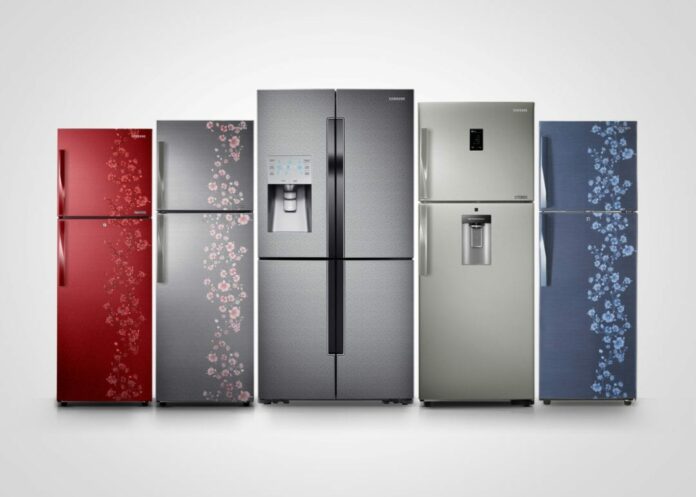As the expectations from the Union Budget 2015 mount, Consumer Electronics and Appliances Manufacturers Association (CEAMA) announced its wish list for the fiscal budget. The list discusses recommendations which focus on the immediate interventions from the Government on various fronts like roll back in the excise duty, implementation of Goods and Services Tax and appropriate measures in the central excise and custom duties. These recommendations are aimed at fostering the growth of the Consumer Electronic and Home Appliance Industry and create opportunities for the all the players to work towards the conducive growth.

CEAMA presented the following recommendations to the Government for their kind consideration.
- Implementing of uniform Goods & Service Tax (GST): GST is expected to decrease compliance burden for businesses as well as reduce paper work. It will create a seamless pan-India market and also bring down the total incidence of taxes by eliminating cascading effect of taxes on goods and services. The budget needs to remove the inefficiencies in the system like inverted duty structures to pave the way for an efficient GST.
- Special Addition Duty (SAD): Besides impacting cash flow, SAD pushes up the duty for the manufacturing sector along with countervailing duty to 17 per cent compared with output excise duty of 12 per cent. This is not aligned with the ‘Make in India’ initiative as it will discourage multinational companies from manufacturing in India.
- Promoting backward/ reverse integration: By getting into manufacturing of components such as electron gun, metal parts etc. for TVs and compressors, and electric motors and plastic components for household appliances such as washing machines, refrigerators and Air Conditioners, we will once again encourage local manufacturing. Aiding backward integration will help both save foreign currency by reducing imports and earn it by exporting the locally made products.
- Roll Back of excise duty: This is not surely in keeping with the spirit of ‘Make in India’, whose first priority should be to revive industrial growth through lower cost of production and lower price tag for the consumer so that demand can be revived. It needs to be reinstated at 10%, instead of the current 12%, as the industry is still struggling and IIP is still growing.
- Introduction of 0% Finance Scheme: Allowing companies to offer such schemes not only drive the sales of consumer durables even in a dull economy, but also empower consumers looking to buy consumer goods on easy monthly instalments without paying any interest on the loan amount. Almost 30% of the overall sales happen through financing schemes as they aid incentivizing sales.
· Reduction of customs duty:
- LCD/LED/FPD to 0 per cent to provide a level-playing field to domestic manufacturers as well as importers of FPDs, encourage panel manufacturing in the country, and create a competitive environment
- Magnetron and other inputs for manufacture of microwave ovens resulting in more companies manufacturing microwaves in the country leading to India tapping the export potentials of the product category
- Pre-printed steel sheets & other parts for manufacture of air conditioners, washing machines and refrigerators in order to enhance manufacturing set-ups and furthering the objective of making it a manufacturing hub and creating new employment opportunities
Also- sharing his views, Mr. Manish Sharma – President CEAMA and MD Panasonic India & South Asia said, “After a long dull period, the festive season proved to be lucrative for the sector as it saw an upsurge in the sales, owing to the high consumer confidence and stable rupee. However, the recent rollback of the excise duty has led to an increase in product prices passed on to the consumers, thereby adversely impacting their sentiment and leading to a subsequent drop in sales. We strongly propose a reduction in the excise duty to give an overall boost to the sector. Also, it’s crucial that reforms like GST be implemented. Once fully implemented, GST will create a single, unified Indian market and will diminish the multiple layers of indirect taxation that prevails in India at present. We also recommend reduction in the custom duty on OLED modules and import of parts for manufacturing Air Conditioners, Washing Machines and Refrigerators.”
CEAMA expects that the government would undertake next-generation tax reforms to ensure swift growth of the industry as the industry desperately seeks relaxation in various taxation and amendments in the current budget to stimulate the economy and continue on the path of fiscal consolidation.











